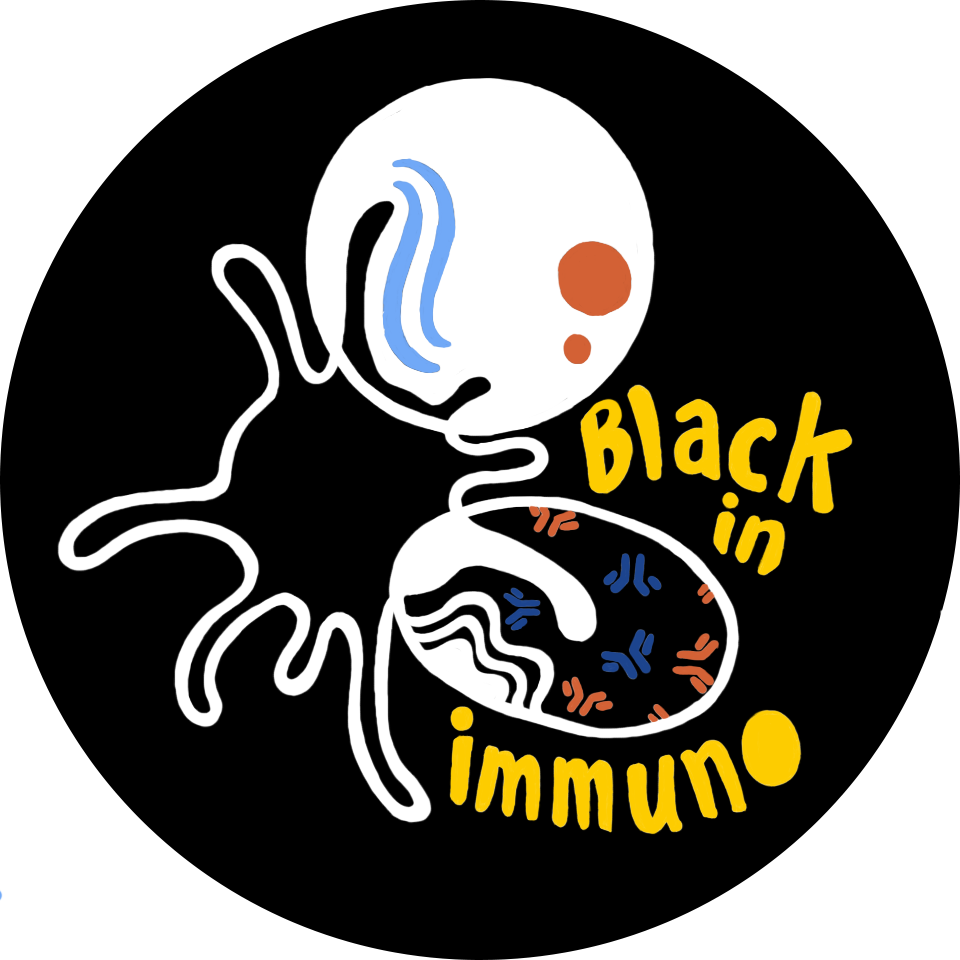Immuno at the Bench: Basic Science Talks
Revisit the talks and Q&A using the link above, and/or check out the video and bios below.
About the Speakers
Yassin Elfaki, PhD
Talk Title: Pancreatic inflammation in type 1 diabetes: do innate lymphoid cells play a role?
Twitter: @yassin_elfaki
Dr Elfaki received his BSc in medical laboratory science (microbiology) in 2009 from Sudan University of Science and Technology (SUST), Khartoum, Sudan. He received his MSc in medical laboratory science (microbiology) in 2013 while working in SUST as a teaching assistant then as a lecturer. In 2015, he was awarded a scholarship from the German Academic Exchange Service (DAAD) to do PhD at the Helmholtz Centre for Infection Research (HZI), Braunschweig, Germany. Under supervision of Prof Jochen Huehn, Dr Elfaki's work focused on regulatory T cell development during influenza A virus infection. Since 2019, after obtaining his PhD, he's been working as a postdoctoral research fellow at University College London's Institute of Immunity and Transplantation, London, UK. His work in the lab of Prof Lucy Walker has been on innate lymphoid cells in type 1 diabetes.
Zuri Sullivan, PhD
Talk Title: Intestinal response to nutrient sensing
Twitter: @zurisullivan
Dr. Zuri Sullivan is an HHMI Hanna H. Gray postdoctoral fellow in the Department of Molecular and Cellular Biology at Harvard University. Her work in the laboratory of Dr. Catherine Dulac aims to define mechanisms by which neuroimmune interactions regulate sickness behavior. Dr. Sullivan conducted her doctoral work in the laboratory Dr. Ruslan Medhzitov in the Department of Immunobiology at Yale University, where she defined a novel role for gammadelta T-cells in the intestinal response to nutrient sensing. Dr. Sullivan is the recipient of numerous awards and honors including the HHMI Hanna H. Gray fellowship, Yale University John Addison Porter Dissertation Prize, National Science Foundation Graduate Research Fellowship, and Fulbright Scholarship. In addition to her scientific contributions, she has led numerous initiatives aimed at increasing scientific literacy among the public and increasing diversity and inclusion within academia at both the institutional and national scales.
Sara Suliman, PhD
Talk title: Integration of genetic and transcriptional profiles of innate cells to decipher mechanisms of TB susceptibility
Twitter: @SaraSuliman13
Sara Suliman is an immunologist by training with a focus on understanding risk of progression to active TB disease and developing predictive biomarkers. She is currently an assistant professor at the division of experimental medicine at UCSF and the Zuckerberg San Francisco General Hospital. She was an instructor at the Brigham and Women's Hospital and Harvard Medical Schools, where she focused on dissecting host factors associated with TB risk, including genetic associations and T cell responses. She also led the COVID-19 diagnostics accelerator lab under the Mass General Brigham Center for COVID Innovation.
Ukpong Eyo, PhD
Talk Title: P2RY12 Regulation of Sexually Dimorphic Cellular and Behavioral Phenotype
Twitter: @Ukpongeyo
Dr. Eyo was born in Nigeria and grew up in several different countries. He immigrated to the US in 2003 to pursue undergraduate studies at Northwest Missouri State University. He then went on to graduate school at the University of Iowa where he developed a keen interest in real-time imaging of microglia during development under the mentorship of Dr. Michael Dailey. Following his Ph.D studies, Eyo joined the lab of Dr. Long-Jun Wu, first at Rutgers University in New Jersey, then at Mayo Clinic in Minnesota to study microglial-neuronal communications. In August 2018, Eyo started his independent lab in the Department of Neuroscience and the Center for Brain Immunology and Glia (BIG) to continue his research on microglia with a focus on the developing brain. Eyo has a long-standing interest in microglia, myeloid cells that represent the major immune cell lineage in the resting brain parenchyma. In the 3 years Eyo has been independent, he has been immensely successful, with several short term and 2 new R01 awards supporting his work, and 13 publications. Eyo is an engaging speaker, and his insights into the behavior of a poorly understood immune cell type in an immunologically distinct anatomical compartment should be of great interest to all immunologists. His career path and success also make him an important role model for graduate students and postdocs as they pursue their own developing careers. Away from the lab, Eyo enjoys time with his blessed family including his wife, two sons, and two daughters.




